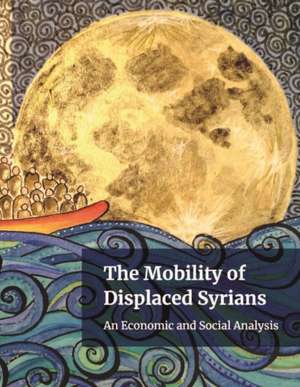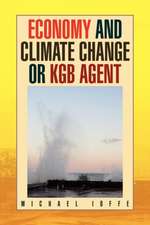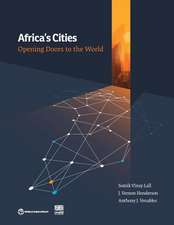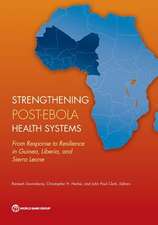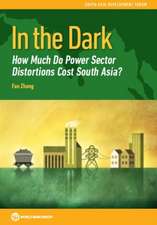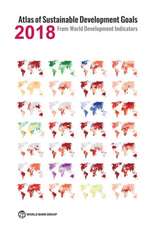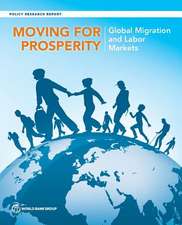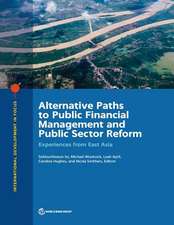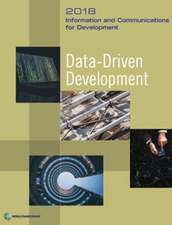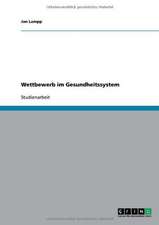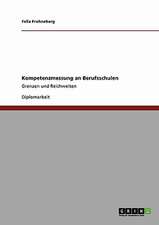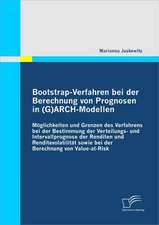The Mobility of Displaced Syrians
Autor World Banken Limba Engleză Paperback – 27 ian 2020
Despite the tragic prospects for renewed fighting in certain parts of the country, an overall reduction in armed conflict is possible going forward. However, international experience shows that the absence of fighting is rarely a singular trigger for the return of displaced people. Numerous other factors--including improved security and socioeconomic conditions in origin states, access to property and assets, the availability of key services, and restitution in home areas--play important roles in shaping the scale and composition of the returns. Overall, refugees have their own calculus of return that considers all of these factors and assesses available options.
The Mobility of Displaced Syrians: An Economic and Social Analysis sheds light on the 'mobility calculus' of Syrian refugees. While dismissing any policies that imply wrongful practices involving forced repatriation, the study analyzes factors that may be considered by refugees in their own decisions to relocate. It provides a conceptual framework, supported by data and analysis, to facilitate an impartial conversation about refugees and their mobility choices. It also explores the diversified policy toolkit that the international community has available--and the most effective ways in which the toolkit can be adapted--to maximize the well-being of refugees, host countries, and the people in Syria.
Preț: 379.46 lei
Nou
Puncte Express: 569
Preț estimativ în valută:
72.62€ • 75.72$ • 60.35£
72.62€ • 75.72$ • 60.35£
Carte tipărită la comandă
Livrare economică 20 martie-03 aprilie
Preluare comenzi: 021 569.72.76
Specificații
ISBN-13: 9781464814013
ISBN-10: 1464814015
Pagini: 278
Dimensiuni: 175 x 251 x 15 mm
Greutate: 0.57 kg
Editura: World Bank Publications
ISBN-10: 1464814015
Pagini: 278
Dimensiuni: 175 x 251 x 15 mm
Greutate: 0.57 kg
Editura: World Bank Publications
Descriere
Considers the "mobility calculus" of Syrian refugees. While dismissing wrongful practices involving forced repatriation, this study analyses the factors that may affect refugees' own decision to relocate. By doing so, it provides a fact-based and transparent framework to support a concerted dialogue among concerned parties.
